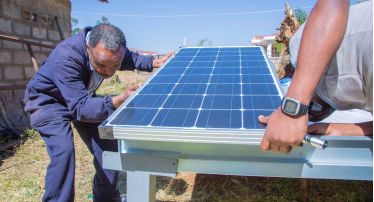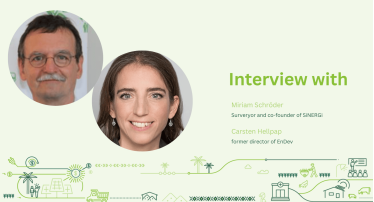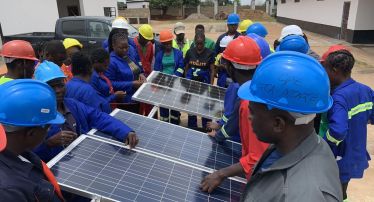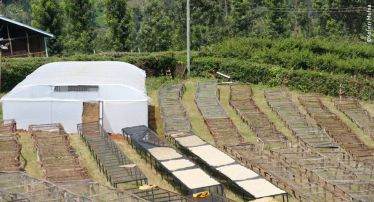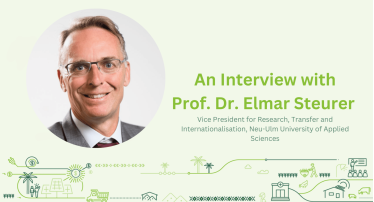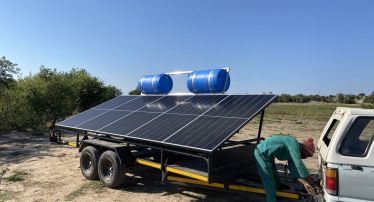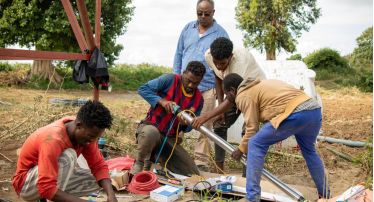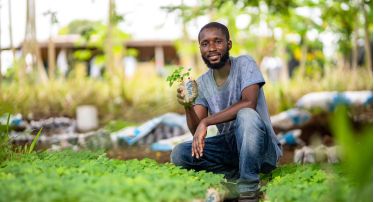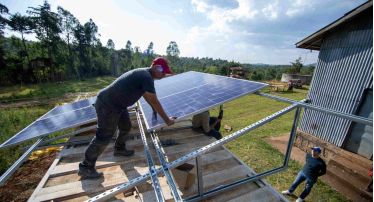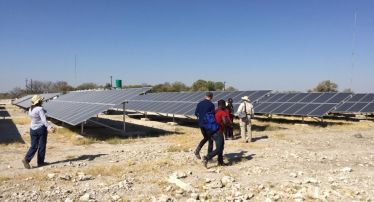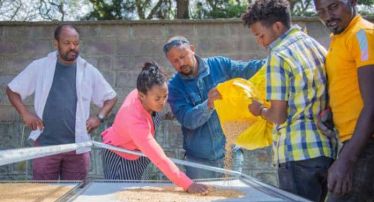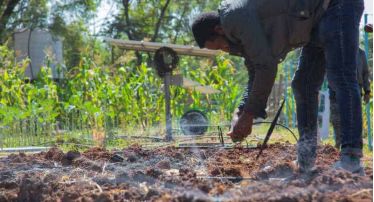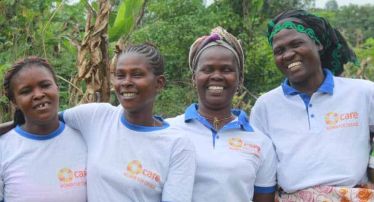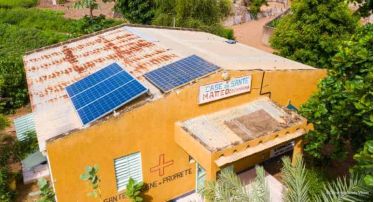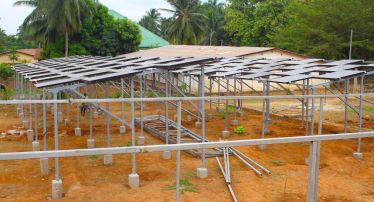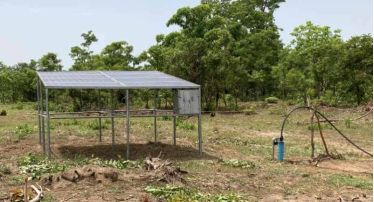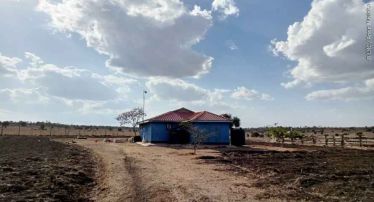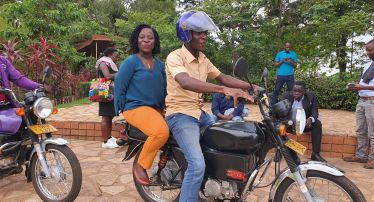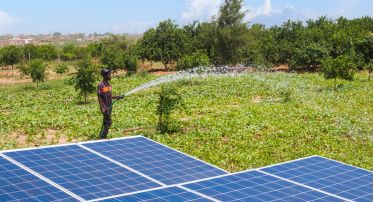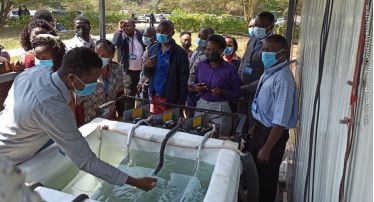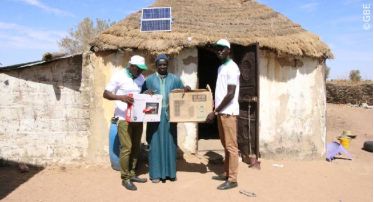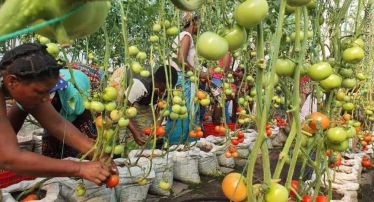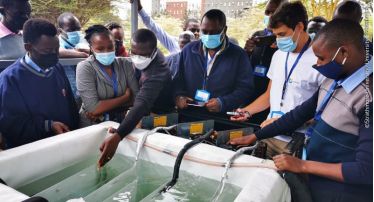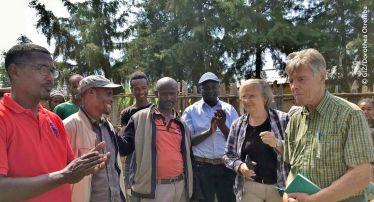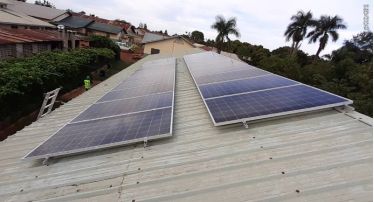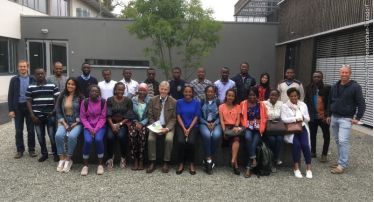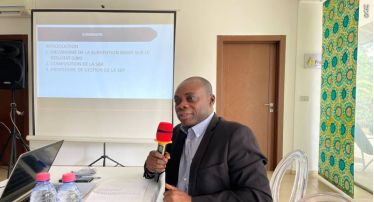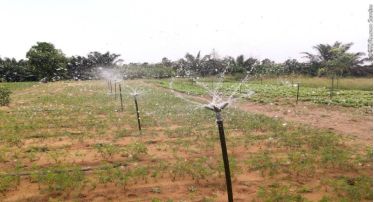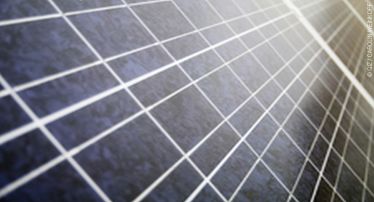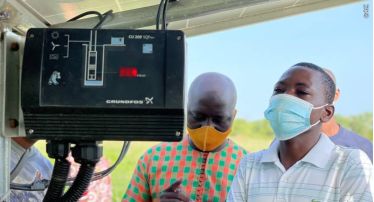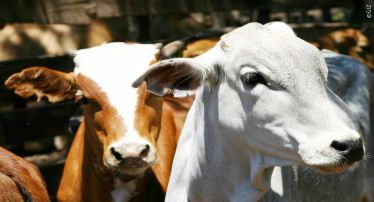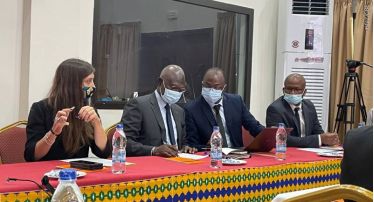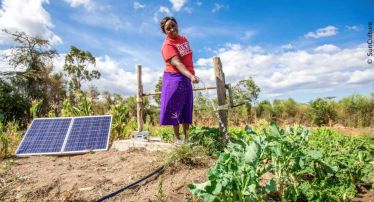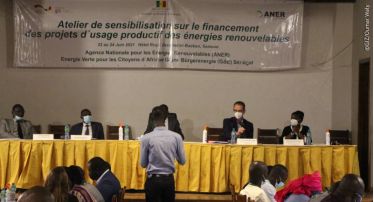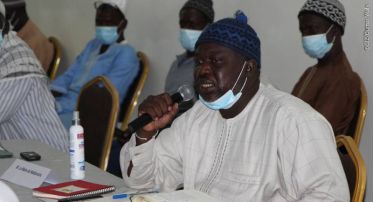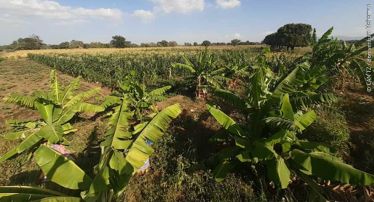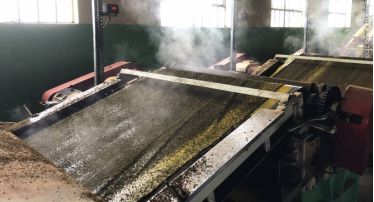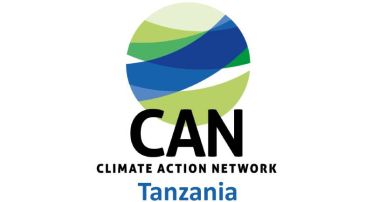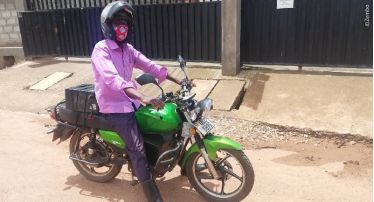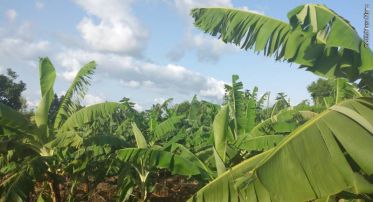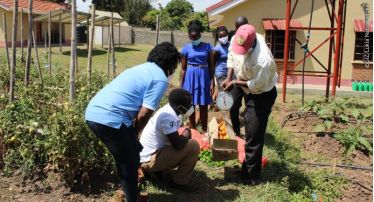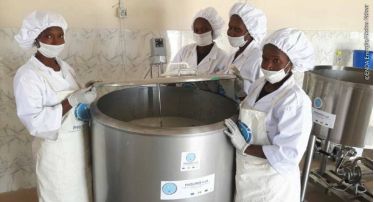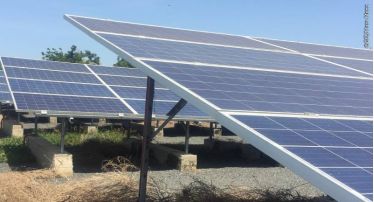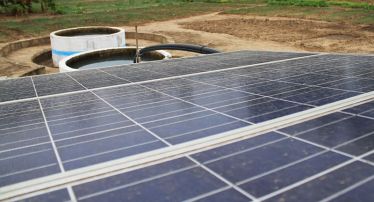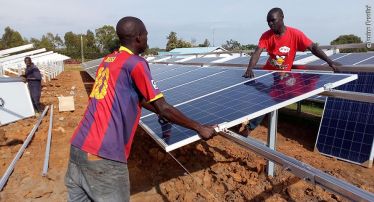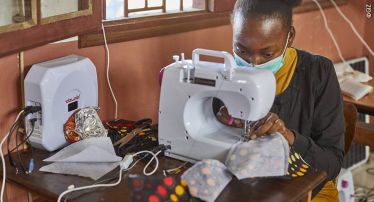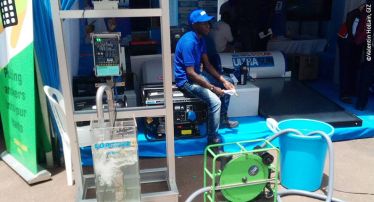Energy access for productive use
Facts, challenges & objectives
Access to clean energy is a precondition for social and economic development. Globally, 733 million people still do not have access to electricity of which 600 million live in Sub-Saharan Africa (SSA). Providing access to electricity through decentralised renewable energy appliances, that are used productively, can facilitate local economic growth and improve living conditions.
Being deprived from access to clean and affordable energy has major impacts on lives, namely health care, education, productivity, and poverty. While large cities are usually fully electrified, 80% of the people in SSA living without electricity live in rural areas with low population density. Most work in agriculture with low productivity, amongst others due to energy poverty. Providing access to energy through productive use of energy (PUE) appliances can improve the economic development of local enterprises. For example, solar water pumps can potentially increase the annual income of farmers by 50% or more, in comparison to rainfed irrigation. By using solar powered irrigation, the harvest of crops is more reliable and independent of rainfall. Another important productive use appliance in rural areas is solar refrigeration, which can be used by rural enterprises to preserve milk or harvest.
The alternative to stand-alone solar appliances or mini-grids are diesel generators. They are costly in operation and emit CO2. As rural populations in SSA gain access to energy, they have the possibility to avoid – or leapfrog – the use of diesel-generators and fossil fuels. However, smallholder farms are often unaware of the benefits of solar technology devices. They lack access to finance. In addition, solar companies have been reluctant to extend their supply chains from urban centers to rural areas, making it difficult for rural populations to access PV-appliances.
Green People’s Energy for Africa promotes energy access and productive use of energy by following a threefold approach and providing support for solar (PUE) companies, improving framework conditions and supporting end-users. Activities include the following:
PUE companies
- Promoting PUE technologies in rural areas through results-based financing (RBF) programmes with solar companies, i.e. incentivizing the sales of systems to rural customers
- Professionalizing local solar companies through business development support
- Training technical staff of solar companies in operating and maintaining solar systems
Framework conditions
- Assessing the quality of PUE appliances and making their quality transparent for customers with the VeraSol database
- Implementing pilot installations for demonstration purposes and awareness raising among political partners and stakeholders
End-users
- Awareness-raising campaigns in rural areas, sensitization of rural enterprises on the economic potentials of PUE
- Business development support to rural enterprises incl. energy assessments to understand the business case of acquiring and using PUE appliances
- Supporting access to finance e.g. by establishing guarantee funds or offering incentive payments for microfinance institutions (MFIs) so rural populations can buy solar technologies
- Supporting community-based approaches by building the capacities of communities and cooperatives to jointly purchase, operate and maintain PUE appliances
Articles highlighting productive use measures
- All
- Benin
- Côte d’Ivoire
- Ethiopia
- Ghana
- International
- Kenya
- Malawi
- Mozambique
- Namibia
- Senegal
- Tanzania
- Uganda
- Zambia
